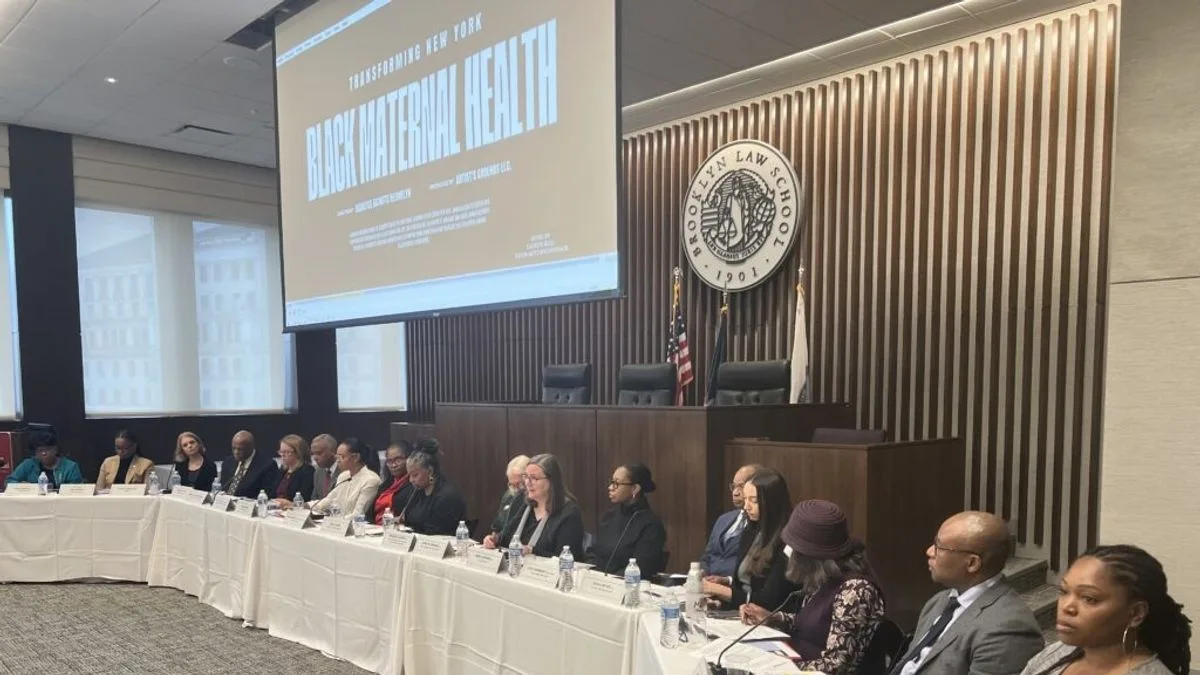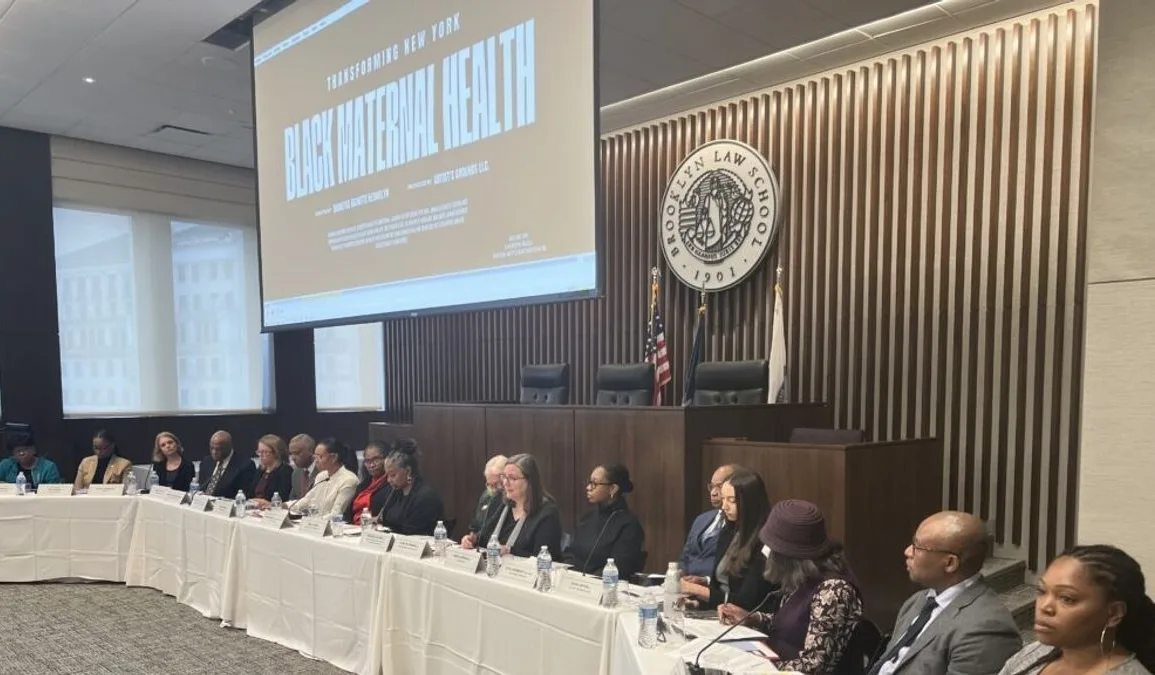
On February 29, South Brooklyn Health hosted a pivotal panel discussion, marking the culmination of Black History Month with a focus on addressing healthcare disparities in the Black community. Moderated by Bridgette Ingraham-Roberts, the event brought together healthcare professionals to highlight the crucial need for accessible healthcare for black and brown communities.
Identifying Gaps and Solutions
The panel, featuring voices like Dr. Michelle Soto and Nurse Practitioner Ashley Henry, delved into the systemic barriers contributing to healthcare disparities. They emphasized the importance of culturally competent care, the need for healthcare providers to reflect the diversity of the communities they serve, and the critical role of social determinants of health, as outlined in discussions by the Lown Institute and research published in Health Affairs.
Empowering the Community Through Education and Access
Dr. Soto and Henry highlighted initiatives aimed at empowering the Black community to take proactive steps in managing their health, including advocating for more flexible healthcare services and promoting awareness around critical screenings. These efforts align with the broader goal of reducing the prevalence of diseases disproportionately affecting the Black community, as evidenced by disparities in conditions like diabetes and heart disease.
Building Trust and Equity in Healthcare
Dr. Darius Felton and Althea Senior Morris addressed the critical issue of trust between healthcare providers and the Black community, advocating for a more personalized approach to healthcare that transcends racial biases. Their insights echo the findings of a study on Black veterans’ healthcare experiences published in the Journal of General Internal Medicine, which calls for hiring diverse healthcare professionals and tailoring care to meet the unique needs of each patient.
This panel discussion at South Brooklyn Health not only highlighted the ongoing challenges in healthcare equity but also showcased the commitment of healthcare professionals to bridge these gaps. As discussions continue, the hope is that these concerted efforts will lead to meaningful change, ensuring that healthcare is accessible and equitable for all, regardless of race or socioeconomic status.


